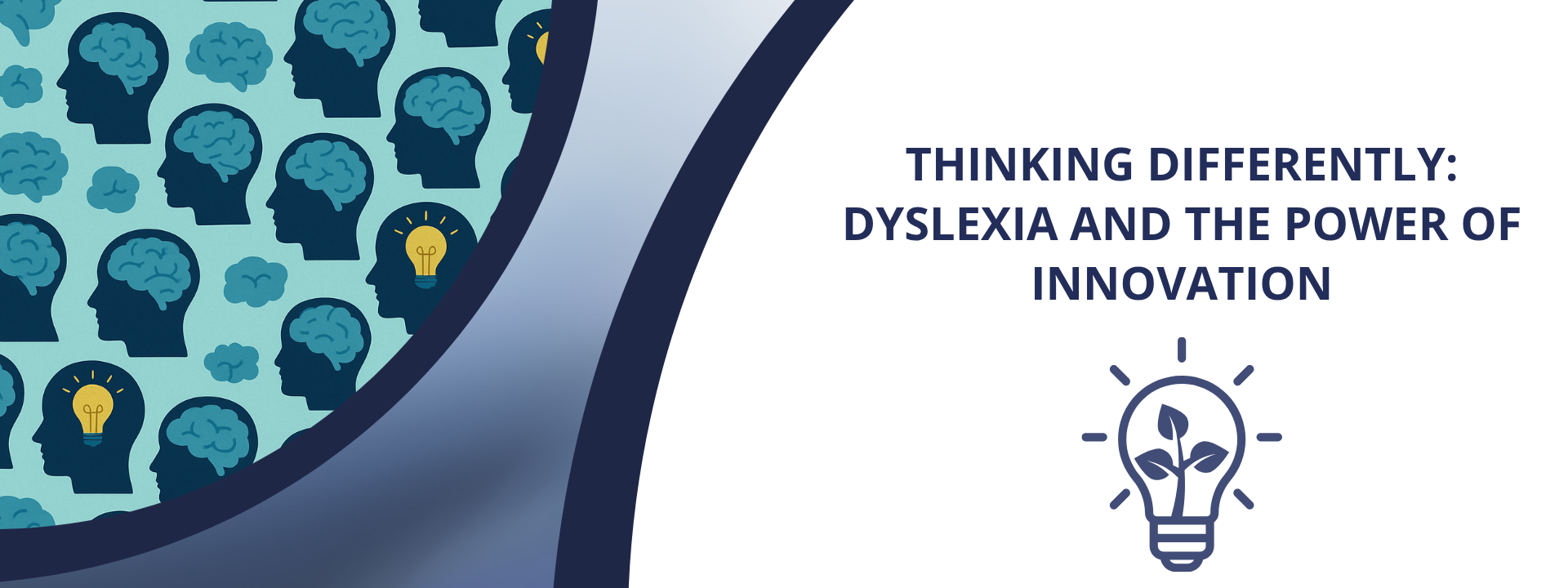When people think of great inventors and business leaders, they often imagine minds that can solve problems in ways others cannot. What many do not realise is that several of these innovative thinkers, including Sir Richard Branson, Steve Jobs, and Ingvar Kamprad, have one thing in common: dyslexia.
Instead of holding them back, dyslexia became their greatest strength. It encouraged creative thinking, visual learning, and an ability to approach challenges from new perspectives. These qualities have helped shape some of the most influential ideas in modern history.
Sir Richard Branson and Dyslexia: Turning Challenges into Strengths
The founder of Virgin has always been open about his experience with dyslexia. He found traditional education difficult but discovered his strengths in imagination and communication. Richard Branson often says that dyslexia helped him think more visually and find simple solutions to complex problems.
His ability to simplify information and focus on the bigger picture became the foundation of the Virgin brand, which now includes ventures in travel, music, and even space exploration.
Steve Jobs and Creative Thinking
Although never officially diagnosed, Steve Jobs displayed many characteristics associated with dyslexia. His thinking process was highly visual and intuitive. Rather than following traditional business models, Jobs looked for ways to connect technology, design, and emotion.
This mindset led to the creation of Apple products that changed the way people interact with technology. The iPhone, iPad, and Mac became symbols of simplicity and creativity, showing that different ways of thinking can lead to revolutionary ideas.
Ingvar Kamprad and IKEA: Designing Simplicity
The founder of IKEA turned his dyslexia into a design solution that changed the retail indfferently, proving that creativity can thrive from unique perspectives.
Why Dyslexia and Innovation Go Hand in Hand
People with dyslexia often excel in visual thinking, creative problem-solving, and strategic decision-making. These skills are essential for innovation, entrepreneurship, and leadership.
Many successful inventors, designers, and entrepreneurs credit dyslexia for helping them see patterns, make connections, and approach challenges with fresh ideas. In a world where innovation drives progress, thinking differently can be a real advantage.
Celebrating Different Minds
At Robertson IP, we celebrate the innovators who see the world differently. Many of the world’s greatest inventions and businesses were built by people who turned challenges into opportunities.
If you have a unique idea, protect it. A registered intellectual property right can help turn your creativity into a lasting achievement.

